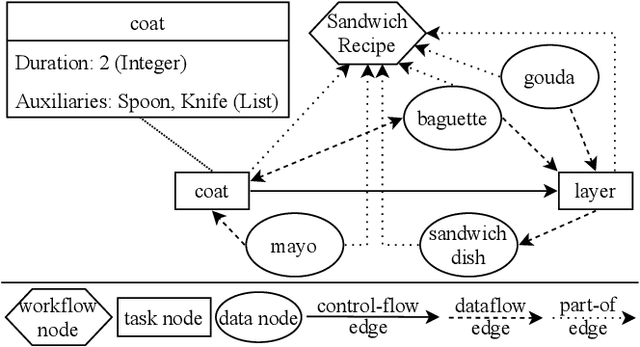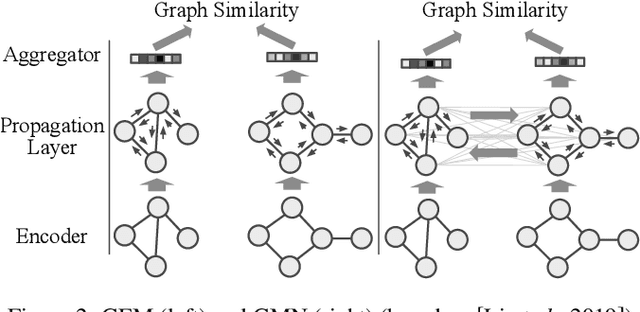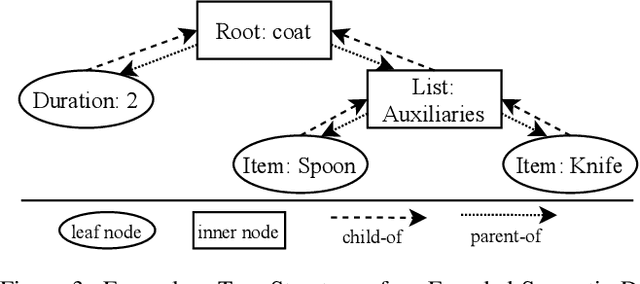Maximilian Hoffmann
Informed Machine Learning for Improved Similarity Assessment in Process-Oriented Case-Based Reasoning
Jun 30, 2021



Abstract:Currently, Deep Learning (DL) components within a Case-Based Reasoning (CBR) application often lack the comprehensive integration of available domain knowledge. The trend within machine learning towards so-called Informed machine learning can help to overcome this limitation. In this paper, we therefore investigate the potential of integrating domain knowledge into Graph Neural Networks (GNNs) that are used for similarity assessment between semantic graphs within process-oriented CBR applications. We integrate knowledge in two ways: First, a special data representation and processing method is used that encodes structural knowledge about the semantic annotations of each graph node and edge. Second, the message-passing component of the GNNs is constrained by knowledge on legal node mappings. The evaluation examines the quality and training time of the extended GNNs, compared to the stock models. The results show that both extensions are capable of providing better quality, shorter training times, or in some configurations both advantages at once.
 Add to Chrome
Add to Chrome Add to Firefox
Add to Firefox Add to Edge
Add to Edge